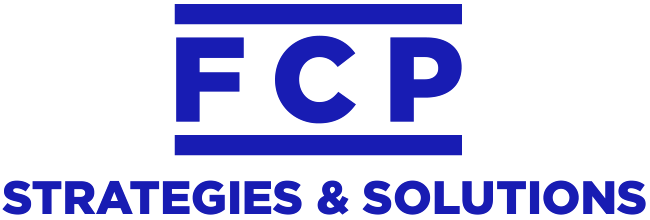Normally such intervention is to protect the public interest and instill confidence in the economy or sector requiring regulation. More than 10 years ago we witnessed provincial governments focus on and intervene in the market conduct of payday lending and cheques cashing business. These businesses had become so profitable that even hedge funds were interested in making investments. After much research and perhaps too much hesitation, provincial governments began to set limits to protect the vulnerable and less fortunate citizens who need access to funds on reasonable terms.
Despite the intervention on payday lending, governments left the lending / credit facilitation busines wide open without any substantive rules on appropriate market conduct except for the criminal code on interest rate limits and the need to provide basic disclosure. It would appear that anyone with a general business license could source funds / capital from known and unknown sources and turn around and lend the money / credit with no or very limited government oversight. We have had a large expansion of lenders offering loans and credit facilities that are not established regulated financial institutions nor are their practices being monitored.
I am disturbed that we have not learned our lesson as to what level of damage can be caused by irresponsible lending, in the trillions of dollars, if we add up the world-wide losses from the 2008 crisis. Are we simply too conflicted / addicted with debt and credit based economic growth a source for government revenues that we allow unfettered capitalism in retail credit and fully expect consumers to be protected by caveat emptor?
We may have recovered from the crisis more than 10 years later but has the recovery fully compensated for the damage done? And did the benefits of the recovery actually go to the parts of society that suffered the most or has it mostly gone to those who were financially able to take advantage of it?
Why are consumers and governments shouldering the real and social costs incurred by the consequences / impact of irresponsible lending? Surely, we can design a regulatory framework that provides an appropriate balance.

